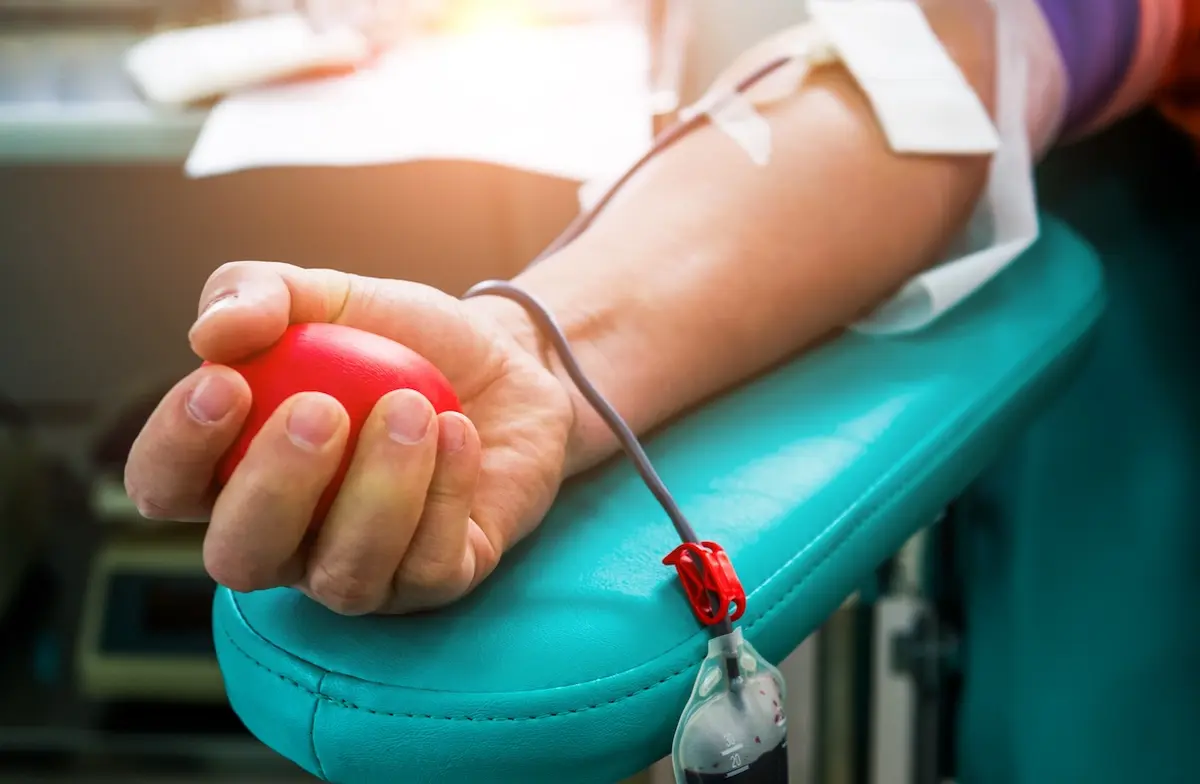Illinois Bill Would Require Blood Donors
to Disclose COVID Vaccination Status
HB4243 would require donors to disclose whether they received an
mRNA vaccine and imposes labeling requirements for donated blood and blood products.

New legislation in Illinois would allow individuals receiving blood donations to know whether they’re receiving blood from an individual vaccinated with a COVID-19 vaccine or another mRNA vaccine.
“A constituent approached me concerned about her son’s upcoming surgery. What if he needed a blood transfusion with the long-term impacts concerning mRNA vaccines unknown? As a parent myself, her concern and corresponding question feel warranted,” Mr. Davis told The Epoch Times in an email.
“This conversation was the catalyst for my bill delineating blood donations and mRNA vaccines. We disclose medical information all the time with providers, so why not our vaccine history? It’s an easy ask, and I’m proud to sponsor this bill.”
Megan Redshaw Author (J.D.) Megan Redshaw is an attorney and investigative journalist with a background in political science.
The Association for the Advancement of Blood & Biotherapies, America’s Blood Centers, and the American Red Cross do not believe COVID-19 vaccines pose a risk to patients receiving blood transfusions.
In a joint statement issued on Jan. 26, the three organizations said there is no “scientific evidence that demonstrates adverse outcomes from the transfusions of blood products collected from vaccinated donors and, therefore, no medical reason to distinguish or separate blood donations from individuals who have received a COVID-19 vaccination.”
The statement further reads that the U.S. Food and Drug Administration (FDA), on multiple occasions, has confirmed that there is no evidence to support concerns about the safety of blood donated by vaccinated individuals. However, the FDA has not provided data showing it is safe to receive blood donated from vaccinated individuals, and many studies have found mRNA from COVID-19 vaccines circulating in the blood or plasma of recently vaccinated individuals.
“We expect that vaccine mRNA detected in plasma is contained within LNPs [lipid nanoparticles] and that the LNPs in plasma have been slowly released from the injection site either directly to the blood or through the lymph system,” the authors wrote.
